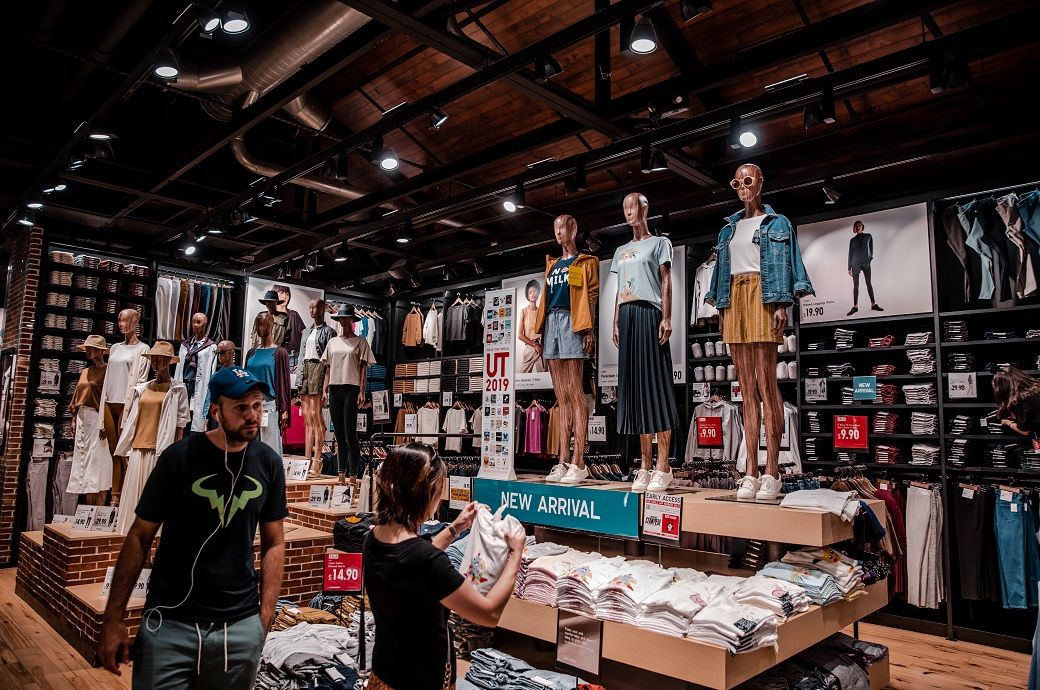US consumer spending does not decline despite high inflation: NRF

“The economic situation in the United States is unsettling,” Kleinhenz said in the October issue of NRF’s Monthly Economic Review. “Consumer confidence is down, consumer spending’s rate of growth has slowed, and economists and consumers alike are worried about the possibility of a recession, all reflecting persistently high inflation and rising interest rates. Nonetheless, spending continues to grow, and many economists say a recession – if there is one – will likely be mild.”
Year-over-year increases in retail sales have been mostly in the upper single digits since spring, not as dramatic as the double-digit numbers seen most of last year into early 2022 but still healthy.
“Consumers have become cautious – but they have not stopped spending,” Kleinhenz added. “Growth is not as high as last year, but households continue to spend each month as more jobs, wage growth, and savings backstop their finances and help them confront higher prices.”
The Fed, which had kept interest rates low over the past two years to counter the impact of the pandemic, hiked rates another three-quarters of a percentage point in September, bringing its current rate to between 3 per cent and 3.25 per cent. The central bank plans to continue increases until inflation – which was at 8.3 per cent in August – cools to about 2 per cent.
Consumers are becoming more optimistic, expecting inflation to be at only 5.7 per cent a year from now, according to an August survey by the Federal Reserve Bank of New York, down from 6.2 per cent expected a month earlier. Consumers expect inflation to be at 2.8 per cent three years from now rather than their earlier expectation of 3.2 per cent, and 2 per cent in five years.
Gross domestic product (GDP) declined 1.6 per cent year over year in the first quarter and 0.6 per cent in the second quarter, sparking fears since two consecutive quarterly declines in GDP – while not the official definition – typically mark a recession. But the Blue Chip Economic Indicators panel of business economists, which includes Kleinhenz, is forecasting 1.2 per cent growth in the just-ended third quarter and 0.6 per cent in the fourth quarter continuing into 2023.
Only 38 per cent of Blue Chip economists now believe the Fed will be able to rein in inflation without triggering a recession, down from 51 per cent in August, but 95 per cent say a recession would likely be mild. The panel sees a 42 per cent chance that a recession will begin this year and a 54 per cent chance that it will begin in 2023.
Fibre2Fashion News Desk (NB)
































-Ltd..jpg?tr=w-120,h-60,c-at_max,cm-pad_resize,bg-ffffff)





.jpg?tr=w-120,h-60,c-at_max,cm-pad_resize,bg-ffffff)
.jpg?tr=w-120,h-60,c-at_max,cm-pad_resize,bg-ffffff)






